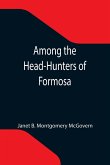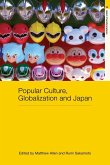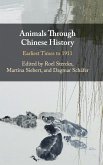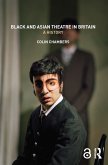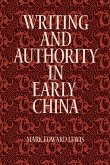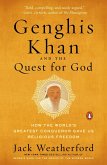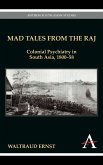The influx of over 5,000 Indonesian men, women and children into Australia during World War 2 has been largely overlooked. These people were military personnel, merchant sailors, civilians and even political prisoners of the Dutch, all evacuees from the Japanese-occupied Netherlands East Indies. They arrived as subjects of the Dutch colonial empire , and the majority left after the war as rebels, supporting the fledgling Indonesian republic which Soekarno had proclaimed when the Japanese surrendered. This book tells the fascinating story of the Indonesians' engagement with White Australia as they were dispersed to cities and country towns, and of the repercussions when their struggle for independence was supported at grassroots level by their Australian friends; by unionists, particularly the Waterside Workers Federation and Seamen's Union; and eventually by the Chifley Labor Government itself.
Hinweis: Dieser Artikel kann nur an eine deutsche Lieferadresse ausgeliefert werden.
Hinweis: Dieser Artikel kann nur an eine deutsche Lieferadresse ausgeliefert werden.


